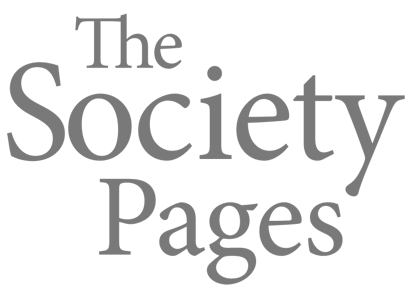
Dr. Amy O’Connor studies corporate social responsibility (CSR), the way businesses choose “socially responsible behaviors in response to societal demands, the desires of influential stakeholders, and the ability of such activities to increase competitiveness, stock performance, and legitimacy.” This includes everything from multi-million dollar advertising campaigns to interactive websites and executive speaking tours.
O’Connor has researched many kinds of CSR, including how the petroleum industry discusses sustainability, how millennials view the workforce, and, most recently, how changes in work structure influence employees’ perceptions of CSR. There are three takeaways from Dr. O’Connor’s research: First, CSR communication is strategic, purposeful, and persuasive; second, CSR communication reflects the values activities to which corporations give primacy; third, stakeholders experience CSR differently based on their geographic location.
So what better place to continue studying CSR than the largest community gatherings in Minnesota? This August, with a grant from UMN’s College of Liberal Arts, Dr. O’Connor will bring her CSR research to the Minnesota State Fair with a project titled “Corporations in your community: Do they make a difference?” She plans to collect survey responses from Minnesota residents 18 years of age and older about their opinions of CSR within Minnesota communities.
Dr. O’Connor’s ongoing work will investigate the types of CSR that people most prefer, their expectations corporations in the modern world, and how stakeholders communicate with corporations about social issues. She looks forward to finishing up data analysis from the a recent National Science Foundation (NSF) grant and will develop new ideas about the role place plays in stakeholders’ perceptions of CSR at the Minnesota State Fair this summer.
“My entire academic career has been spent investigating the impact and outcomes associated with CSR communication messages,” Dr. O’Connor says. “I am passionate about it because the corporation has replaced the church and state as the dominant social institution of our time and is increasingly called upon to provide a social safety net…the values present in corporate messaging signal both emerging and enduring social values.”
Photo Credit: Mac H, Flickr CC
This post is part of a series sponsored by the Minnesota Journalism Center featuring the journalism studies work of faculty at the University of Minnesota.

